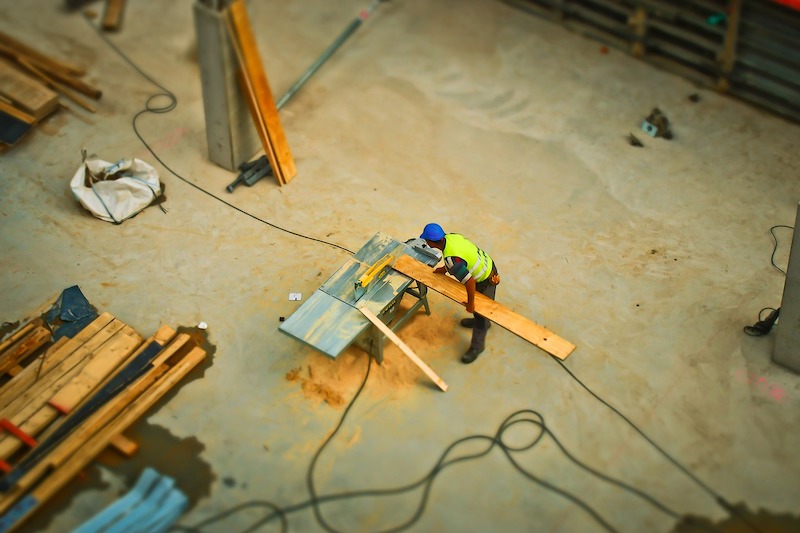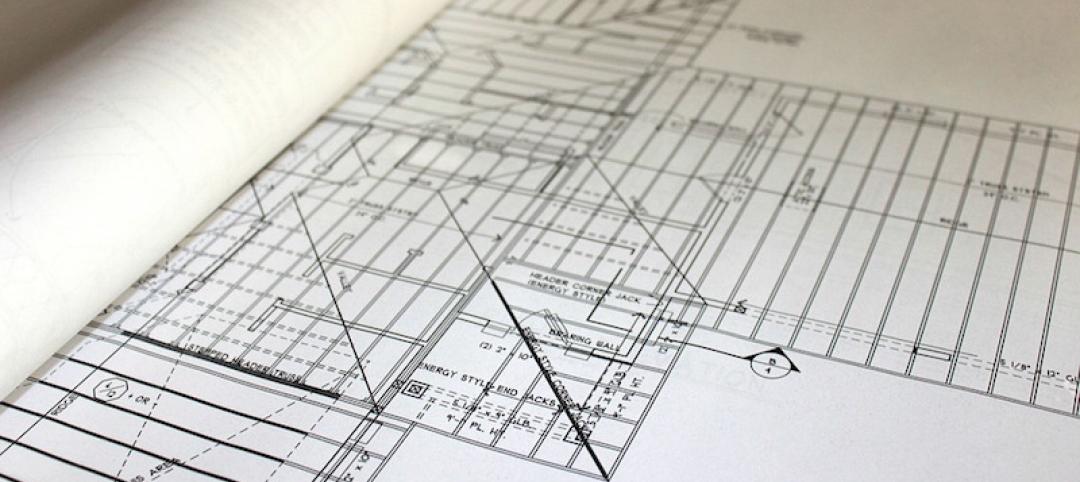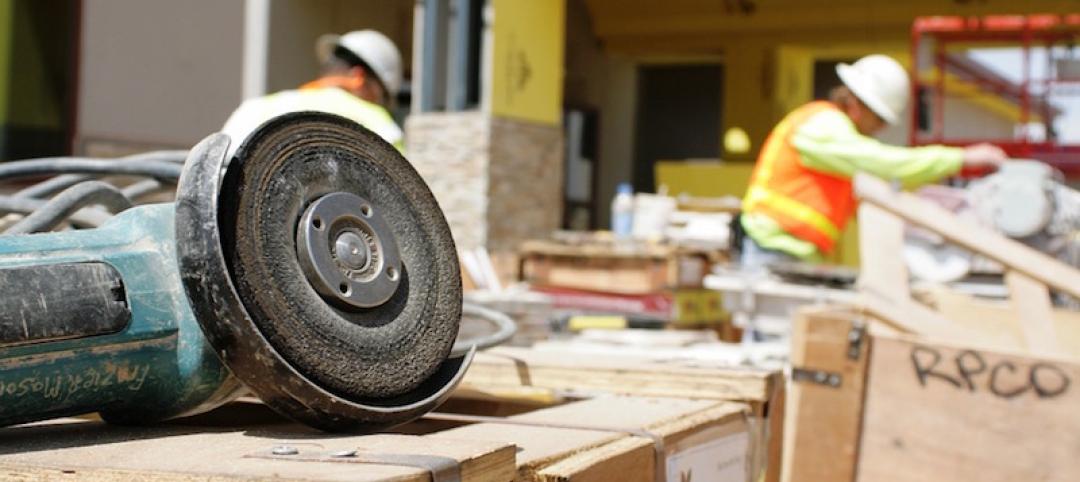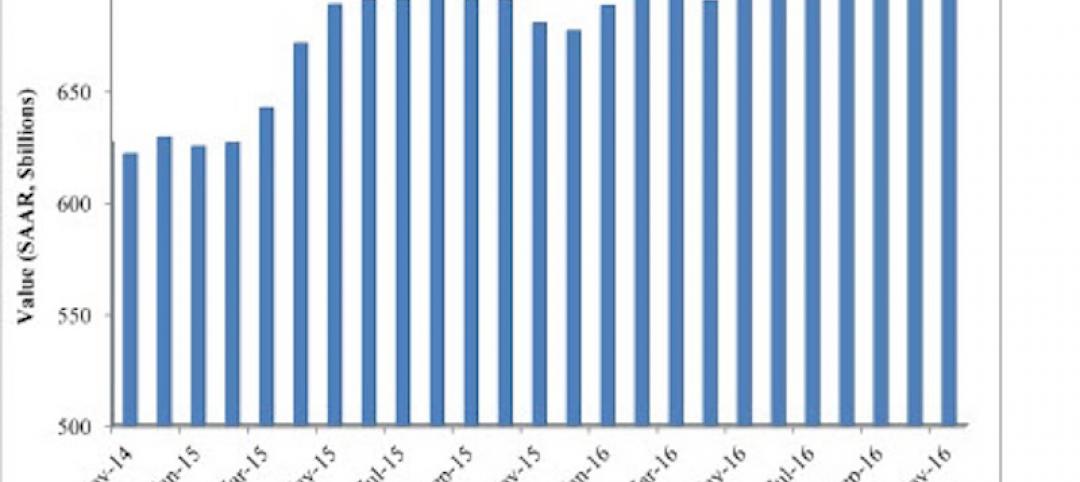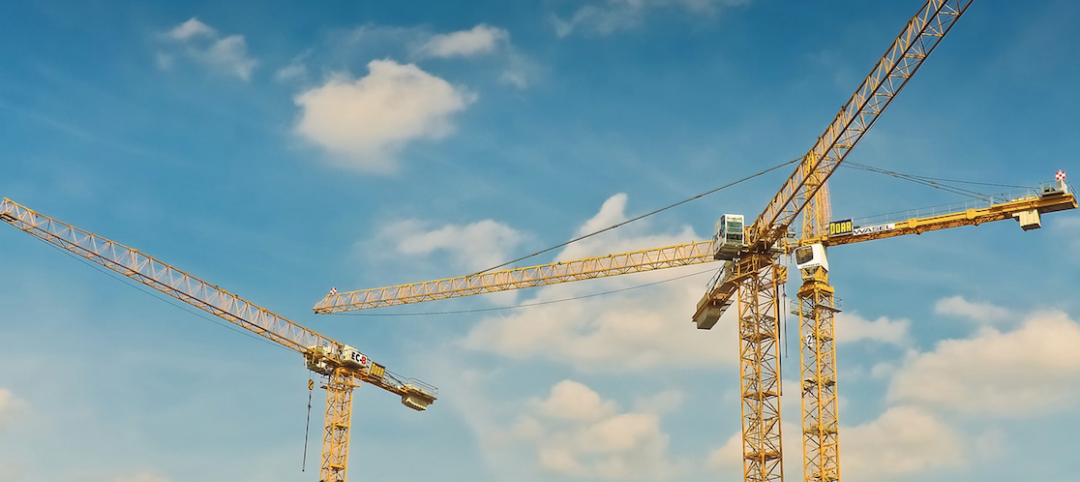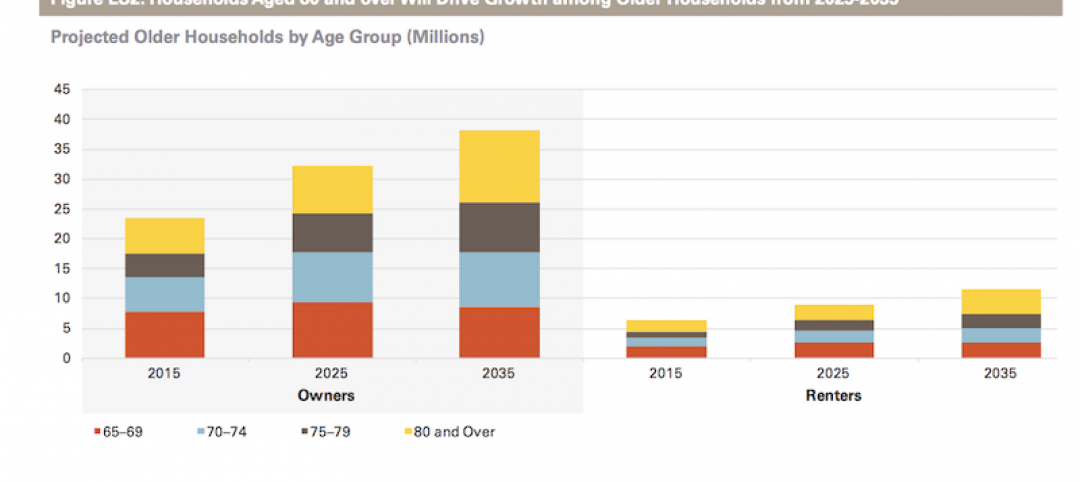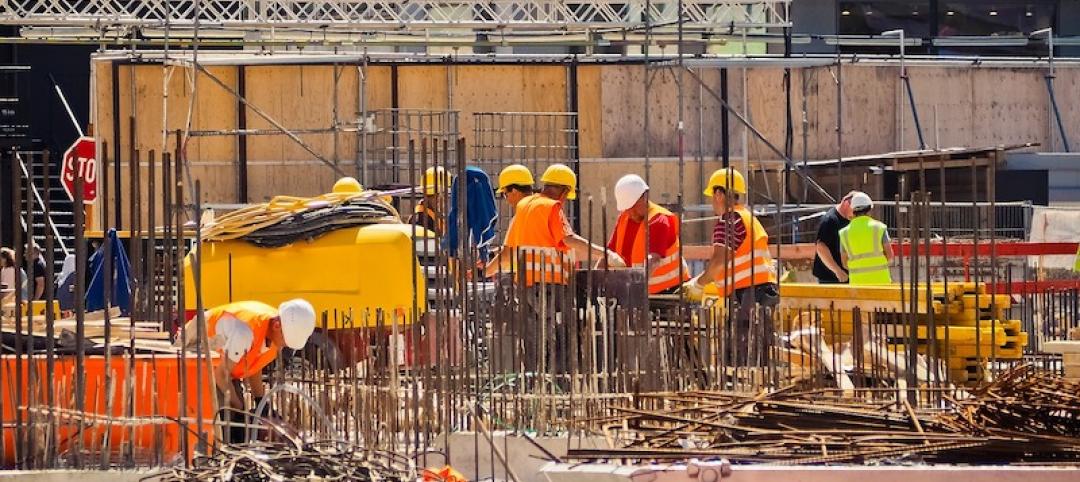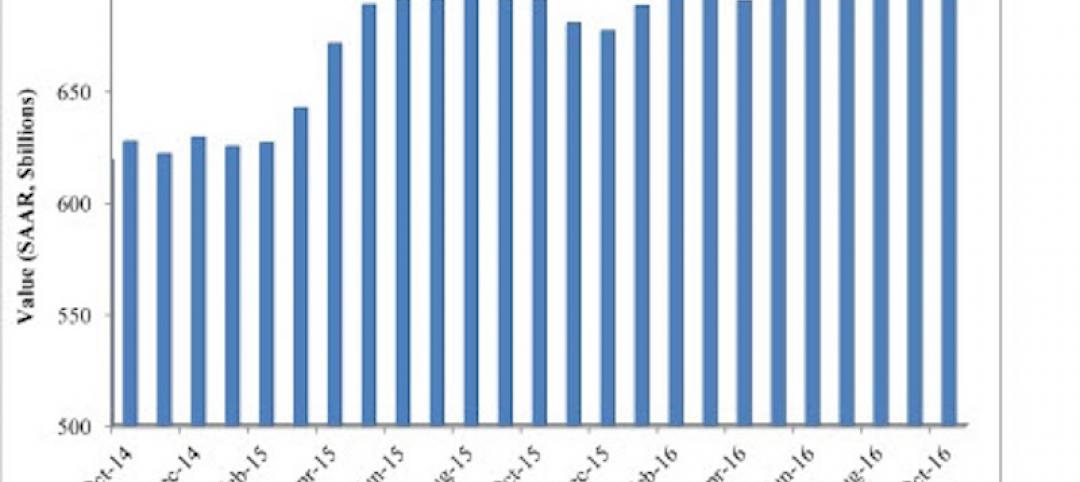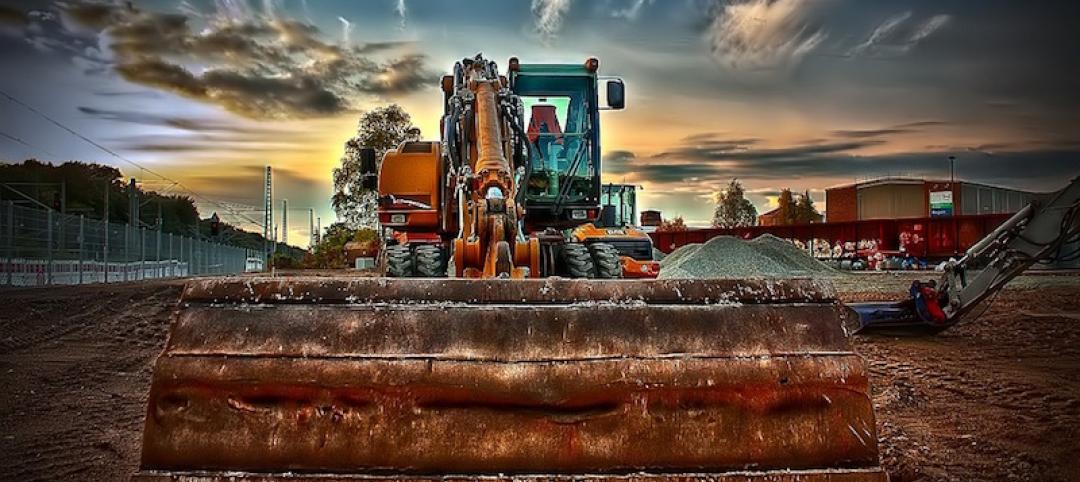One year after the pandemic struck, construction firms are experiencing soaring materials costs, widespread supply-chain problems, and continuing project deferrals and cancellations, according to a new survey that the Associated General Contractors of America released today. Association officials urged Congress and the Biden administration to take steps to eliminate tariffs on key materials, address shipping backups and boost funding for new infrastructure to help the industry recovery.
“The survey results make it clear that the construction industry faces a variety of challenges that threaten to leave many firms and workers behind, even as some parts of the economy are recovering or even thriving,” said Ken Simonson, the association’s chief economist. “The pandemic has left the supply chain for a range of key construction components in tatters and undermined demand for a host of private-sector projects.”
Simonson noted that an overwhelming 93% of the survey’s respondents report the pandemic has driven up their costs. Four out of five are spending more on personal protective equipment, sanitizers, and other health-related expenses. More than half say that projects are taking longer than previously.
Costs and delayed deliveries of materials, parts, and supplies are vexing many contractors. Nearly 85% report those costs have increased over the past year. In addition, nearly three-fourths of the firms are currently experiencing project delays and disruptions, mainly due to shortages of materials, equipment or parts. Nine out of ten firms that are incurring such delays cite backlogs and shutdowns at domestic producers, such as factories, mills, and fabricators. Half of the firms also blame backlogs or shutdowns at foreign producers.
More than three-fourths of the firms report having projects canceled or postponed in the past year, including more than one out of five with a 2021 project that has been canceled or postponed. Meanwhile, only one-fifth of respondents say they have won new projects or add-ons to existing projects as a result of the pandemic.
In a sign that the pandemic has had very different effects on construction firms, about one-third of firms say business matches or exceeds year-ago levels, while another third say it will take more than six months to reach that mark, and one-fifth say they don’t know. Respondents in the Northeast are the most pessimistic about the outlook, followed by firms in the South. Firms from the Midwest are split along the same lines as the full survey, while respondents in the West are more optimistic, on balance.
Despite these differences in experience to date and the near-term outlook, contractors from all regions, project types, and firm sizes are almost equally bullish about their hiring expectations over the next 12 months. Across nearly all subgroups, roughly three out of five respondents expect to add employees over the coming 12 months. Only 10 to 15% of firms in any category expect to reduce their headcount.
“Contractors need Washington officials to cut tariffs and address the shipping and supply chain problems that are driving costs and contributing to project delays,” said Brian Turmail, the association’s spokesman. “They also expect the President will keep his word and get significant new infrastructure investments enacted as quickly as possible.”
View the survey results.
Related Stories
Market Data | Jan 18, 2017
Architecture Billings Index ends year on positive note
Architecture firms close 2016 with the strongest performance of the year.
Market Data | Jan 12, 2017
73% of construction firms plan to expand their payrolls in 2017
However, many firms remain worried about the availability of qualified workers.
Market Data | Jan 9, 2017
Trump market impact prompts surge in optimism for U.S. engineering firm leaders
The boost in firm leader optimism extends across almost the entire engineering marketplace.
Market Data | Jan 5, 2017
Nonresidential spending thrives in strong November spending report
Many construction firms have reported that they remain busy but have become concerned that work could dry up in certain markets in 2017 or 2018, says Anirban Basu, ABC Chief Economist.
Market Data | Dec 21, 2016
Architecture Billings Index up slightly in November
New design contracts also return to positive levels, signifying future growth in construction activity.
Market Data | Dec 21, 2016
Will housing adjust to an aging population?
New Joint Center report projects 66% increase in senior heads of households by 2035.
Market Data | Dec 13, 2016
ABC predicts modest growth for 2017 nonresidential construction sector; warns of vulnerability for contractor
“The U.S. economy continues to expand amid a weak global economy and, despite risks to the construction industry, nonresidential spending should expand 3.5 percent in 2017,” says ABC Chief Economist Anirban Basu.
Market Data | Dec 2, 2016
Nonresidential construction spending gains momentum
Nonresidential spending is now 2.6 percent higher than at the same time one year ago.
Market Data | Nov 30, 2016
Marcum Commercial Construction Index reports industry outlook has shifted; more change expected
Overall nonresidential construction spending in September totaled $690.5 billion, down a slight 0.7 percent from a year earlier.
Industry Research | Nov 30, 2016
Multifamily millennials: Here is what millennial renters want in 2017
It’s all about technology and convenience when it comes to the things millennial renters value most in a multifamily facility.


